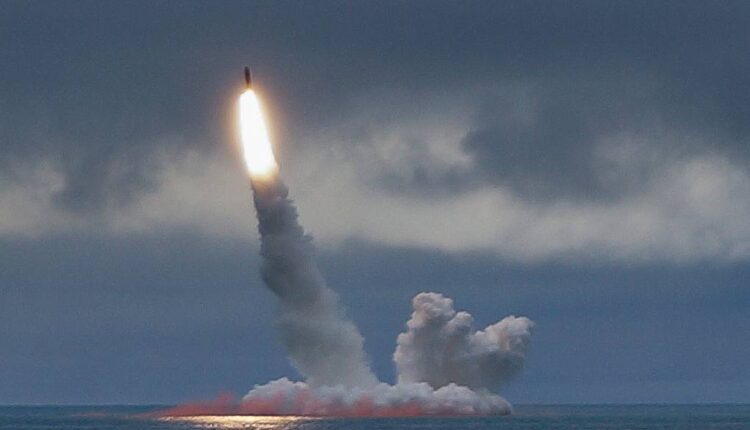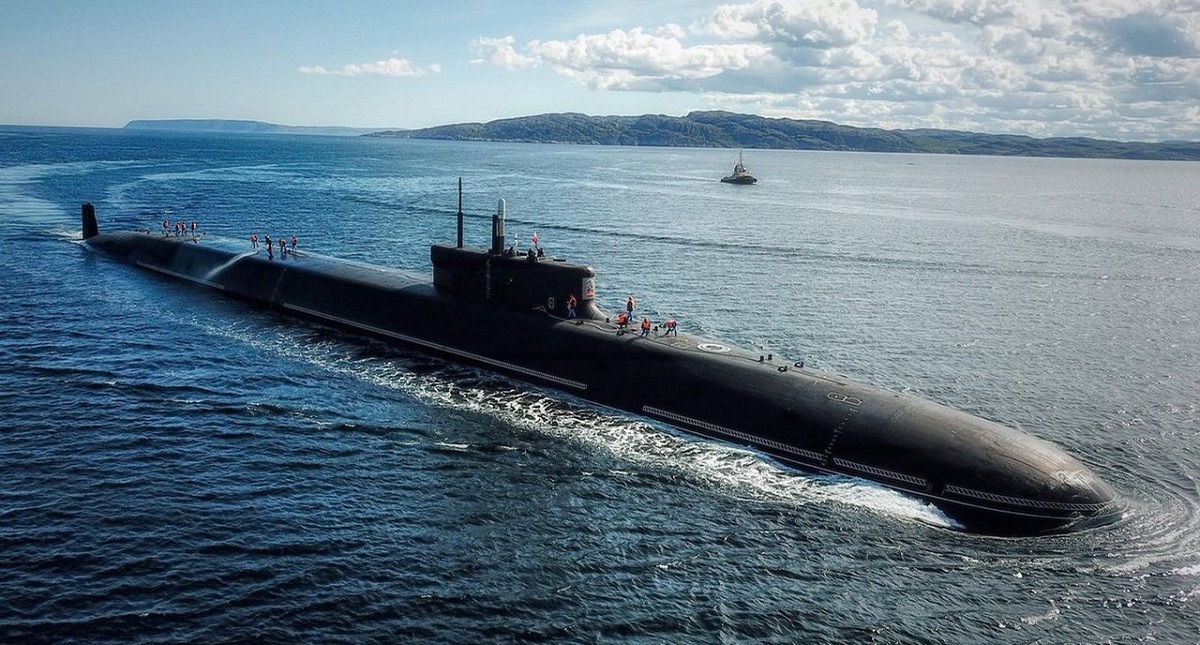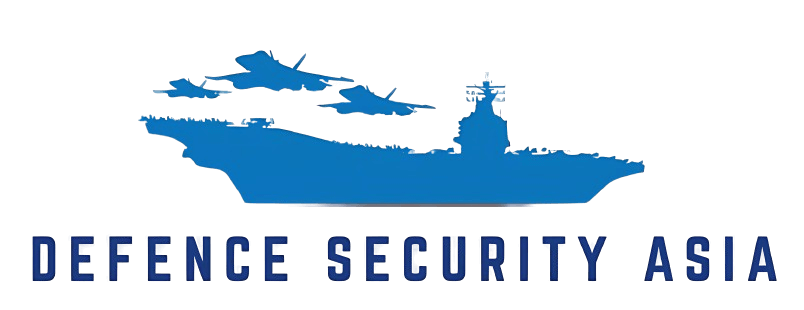[VIDEO] Amid Increasing Tensions, Russia Test Fires Nuclear-Capable Ballistic Missile
The nuclear ballistic missile launch was part of sea trials before the nuclear-powered submarine "Imperator Aleksandr III" officially enters service with the Russian Navy early next year. The "Bulava" ballistic missile, measuring 12 meters in height, has a range of up to 8,000 kilometers.

(DEFENCE SECURITY ASIA) — Russia announced on Sunday its newest nuclear-armed submarine, “Imperator Aleksandr III” (K-554) has successfully test-launched a Submarine-Launched Ballistic Missile (SLBM) “Bulava.”
The “Bulava” ballistic missile was launched from the said submarine located in the White Sea to a target area at the Kura Test Range on the Kamchatka Peninsula, thousands of kilometers away.
The nuclear ballistic missile launch was part of sea trials before the nuclear-powered submarine “Imperator Aleksandr III” officially enters service with the Russian Navy early next year.
The “Bulava” ballistic missile, measuring 12 meters in height, has a range of up to 8,000 kilometers.
According to the Russian Ministry of Defense, the strategic nuclear-powered submarine “Imperator Aleksandr III” successfully launched the ballistic missile “Bulava.”
The Borei-class submarine was launched last year by the Sevmash shipyard in Severodvinsk.
The “Imperator Aleksandr III” and the previous sixth Borei-class submarine, “Generalissimus Suvorov,” will serve in the Pacific Fleet of the Russian Navy, based in Vladivostok in the far east of Russia.
Each Borei-class submarine, such as “Imperator Aleksandr III” and “Generalissimus Suvorov,” are capable of carrying up to 16 nuclear-armed ballistic missiles “Bulava.”
Each “Bulava” ballistic missile can carry between four to ten nuclear warheads.
Currently, the Sevmash shipyard is constructing three more Borei-class submarines for the Russian Navy, with two more in the planning stages.

Russian President Vladimir Putin continues to strengthen his nuclear-powered submarine fleet to address security threats from Western countries, particularly the United States, in the wake of the conflict between Russia and Ukraine.
President Vladimir Putin earlier this week signed a law revoking Russia’s ratification of the Comprehensive Nuclear Test Ban Treaty, a move strongly criticised by the United States.
The 1996 treaty outlaws all nuclear explosions, including live tests of nuclear weapons, though it never came into force because some key countries — including the United States and China — never ratified it. — DSA

DEFENCE SECURITY ASIA APPS
To advertise contact admin: haikalhamas73@gmail.com

Comments are closed.